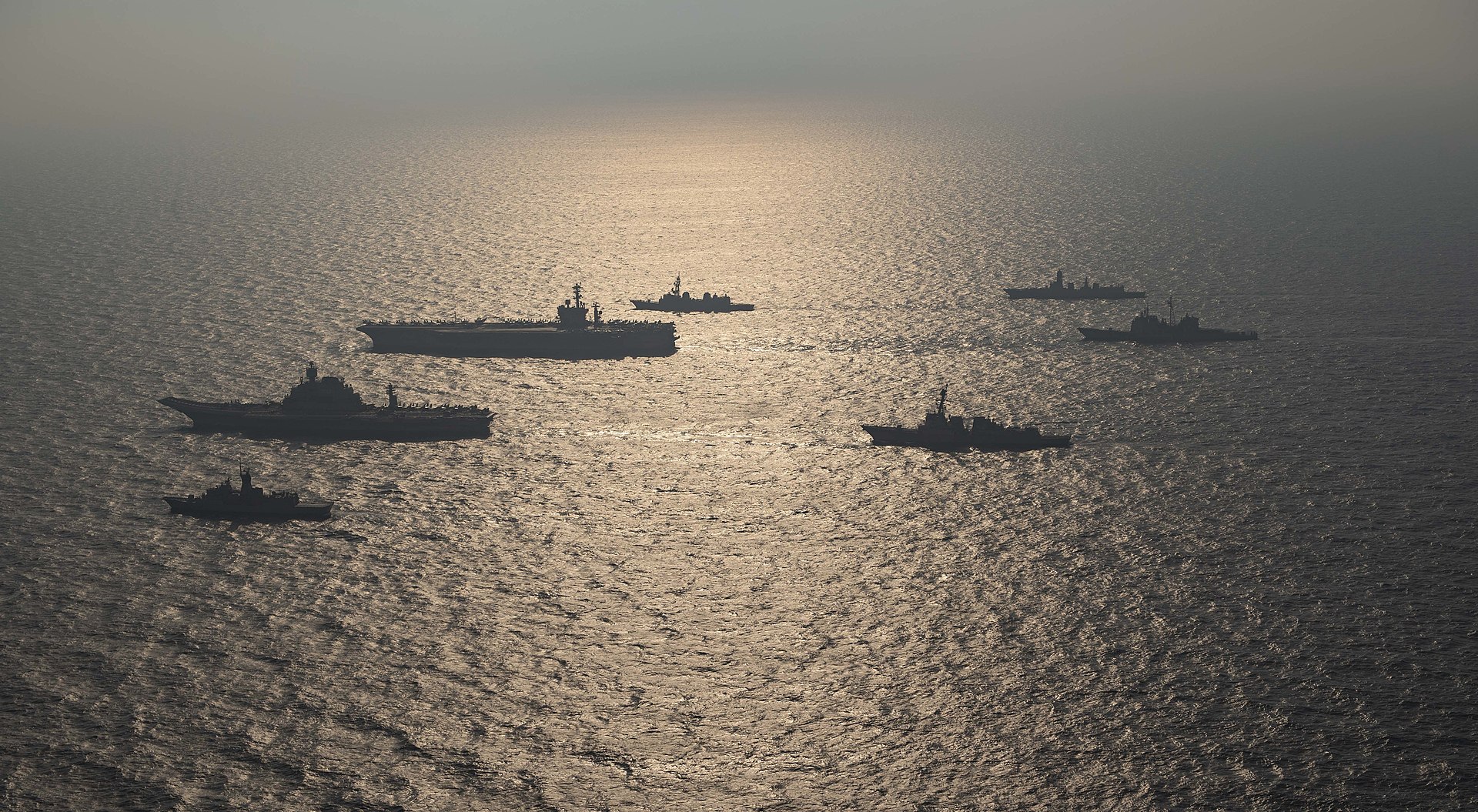In August, the high-quality Malabar naval exercise will be held for the first time off the coast of Australia. It is the most visible sign of the growing military cooperation between the “Quad” countries in the important Indo-Pacific region.
India will send frontline warships and P-8I long-range maritime patrol aircraft to the upcoming 27th Malabar exercise. The Malabar exercise began in the 1990s as a joint effort between India and the US. In 2015, Japan became a regular participant, and in 2020, Australia will join to complete the “Quad.”
Australia has also invited India to join its largest tri-service exercise with the US and a few other countries, called “Talisman Sabre,” which will take place from July 21 to August 4.
All four countries in the “Quad” have made it clear that they want to stop any “coercion” in the Indo-Pacific. This is because China is acting aggressively and trying to take over the whole region.
“It makes sense that the Malabar, which has been done off India or Japan so far, is now going to Australia. Last year, the Malabar was held off Yokosuka, Japan, near the East China Sea. This year, Australia wanted to host the exercise because last year it was held off Yokosuka, Japan, near the East China Sea.
“The “Quad” nations, which have reaffirmed their commitment to a free, open, and rules-based international order across the entire Indo-Pacific, are now equal stakeholders in the Malabar series of exercises,” he said.
China is quickly building up its Navy, which is already the biggest in the world with 355 warships and submarines. It is thought that a structured maritime partnership between the Quad countries is needed to deal with any problems that may come up in the coming years.
India’s defence ties with countries like the US and Japan have always been strong. However, Beijing’s show of strength in the Indo-Pacific has caused New Delhi and Canberra to let go of their old fears and work together to strengthen their military ties. They do this to protect the two sides of the Indian Ocean.
Next month, Australian PM Anthony Albanese will visit India for four days as part of a bilateral trip. In September, he will return for the G-20 summit. In the middle, PM Narendra Modi will be at the Quad leaders’ summit in Australia.
Australia wants to strengthen its defence ties with India by making bilateral and multilateral exercises more difficult, working together more on maritime domain awareness and military logistics, sharing classified information and intelligence, and starting to work with the military industry.
Aside from the “AUSINDEX” series of naval exercises between India and Australia, India also took part in the “Pitch Black” air combat exercise at Darwin, Australia, last year, which was a large multi-nation event. In November and December, the armies of both countries took part in the first ever “Austra-Hind” infantry combat exercise at the Mahajan field firing ranges in Rajasthan.
India and Australia also signed a mutual logistics support arrangement (MLSA) in June 2020. This allows each other’s warships and planes to refuel and dock at each other’s ports. India has military logistics agreements with the US, Japan, France, South Korea, and Singapore, among other countries.
